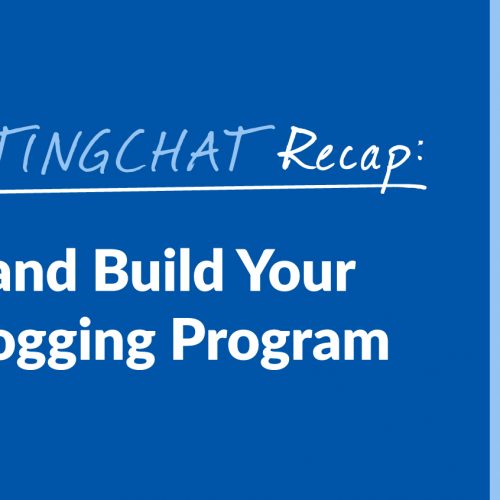
Have you ever thought about guest blogging as a way to grow your online presence? Whether you’re looking...

Have you ever thought about guest blogging as a way to grow your online presence? Whether you’re looking...

How would you like to get more mileage out of your online content? If so, you’re in the...
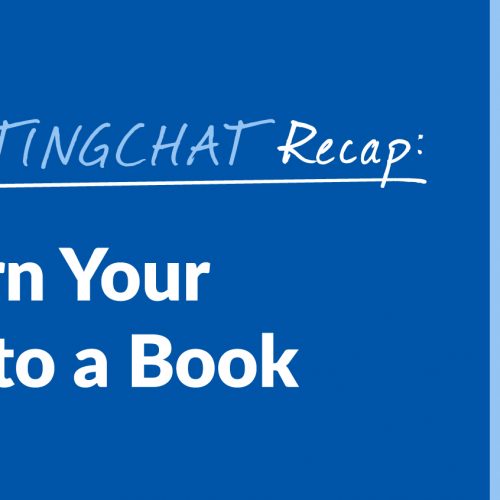
Have you ever thought about turning your content into a book? If so, you might be wondering how...

Do you ever struggle to stay on track when it comes to content creation? If so, you are...
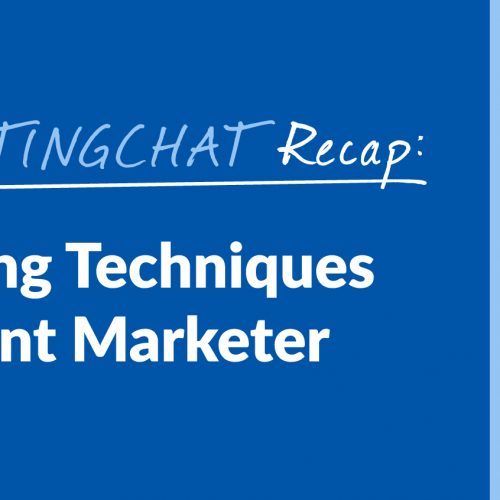
In this week’s #ContentWritingChat, we talked all about B2B marketing techniques. If you’re running a B2B business or...
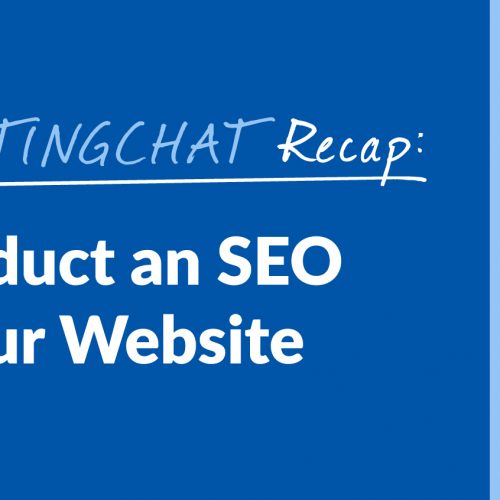
Have you ever conducted an SEO audit for your website? If not, you should! However, if you’ve never...
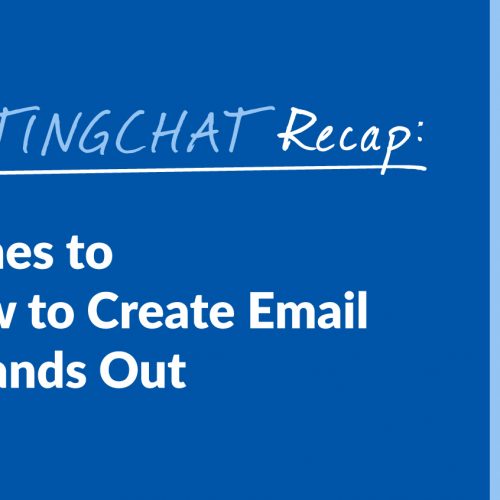
Are you wondering how to create email content that your subscribers will enjoy and that you’ll love to...
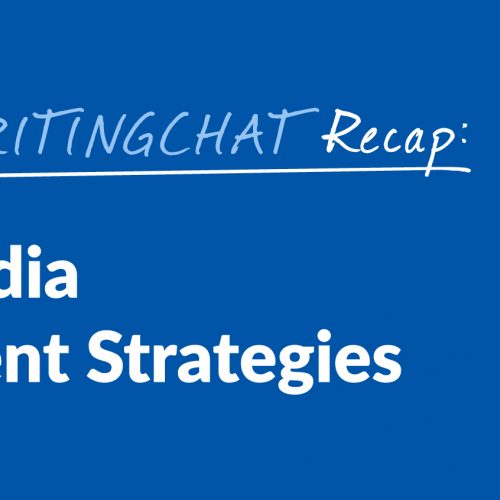
This week, we had another community chat hour during #ContentWritingChat! We previously had our participants vote on topics...
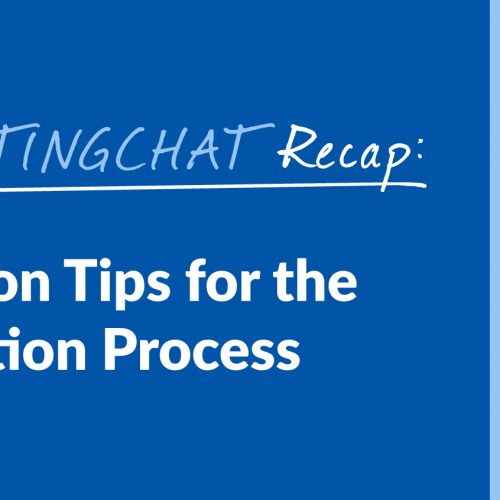
If you work with clients as part of your job, you probably know how important communication is. You...

Are you up-to-date on all the latest content marketing trends? In this week’s #ContentWritingChat, we shared all the...
No HR needed to get access to the best writers, editors, QAs, and strategists. We are your all-in-one content writing service delivering publish-ready content.
Copyright – 2025 Express Writers -All rights reserved